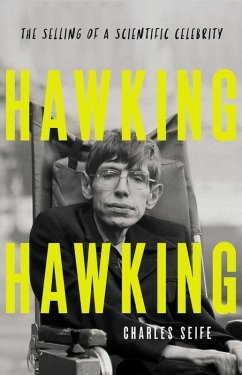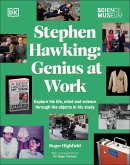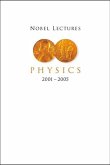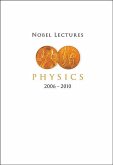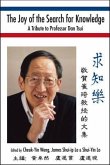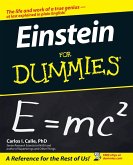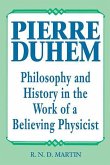"Confined to a wheelchair and surrounded by an entourage of nurses, Stephen Hawking was a symbol of the power of mind over matter. The public adored him, and the media compared him to Newton and Einstein. Appearing at concerts, on The Simpsons, and even on the edge of space, he was an icon who captured the imaginations of audiences all over the world. It didn't seem to matter that his fans had only a tenuous understanding of his contributions, or that the scientific community scoffed at much of his work. Somehow, Hawking had managed to transform himself into the world's most brilliant man. In Hawking Hawking, science journalist Charles Seife shows how. Examining Hawking's work his fraught relationships with his wives, lovers, and children, and his obsession with celebrity and fame, Seife demonstrates that Hawking's true genius lay not in his talent for physics but rather manipulation. Hawking worked tirelessly to cultivate his image as the epitome of rationality, a man of childlike simplicity, who could probe the vast recesses of space with his mind. But beneath the faðcade was a figure who was at best complex, at worst, conceited, selfish, and sexist. When he was wrong, as he was more often than not, he recast his failings as scientific victories. He distracted from his many character flaws with wit, charm, and self-deprecation. He convinced audiences of his authority on topics about which he knew little. And when, unable to produce his "theory of everything," his status began to slip away, he used his students as tools to recapture his former glory. But for all the suffering he caused others, it was Hawking who suffered most of all. So extreme was his need to remain in the spotlight that he often played the role of the victim, whether by allowing confidence men to sell books under his name or enduring physical abuse at the hands of his second wife. To make matters worse, as his celebrity grew, he found himself increasingly estranged from his wives and children, even as he struggled to preserve his image as a family man. And though he bristled at any mention of his heroism, wanting to be remembered for his mind, not his body, Hawking accepted that his ALS was at the core of his persona and begrudgingly allowed audiences and the media to marvel at his perseverance and stoicism. In the end, Hawking was a genius because we wanted him to be one, and so did he. Provocative and controversial, Hawking Hawking upends everything we thought we knew about the world's most beloved scientist, shining light on the true nature of fame and the intoxicating effects of genius"--
Hinweis: Dieser Artikel kann nur an eine deutsche Lieferadresse ausgeliefert werden.
Hinweis: Dieser Artikel kann nur an eine deutsche Lieferadresse ausgeliefert werden.

